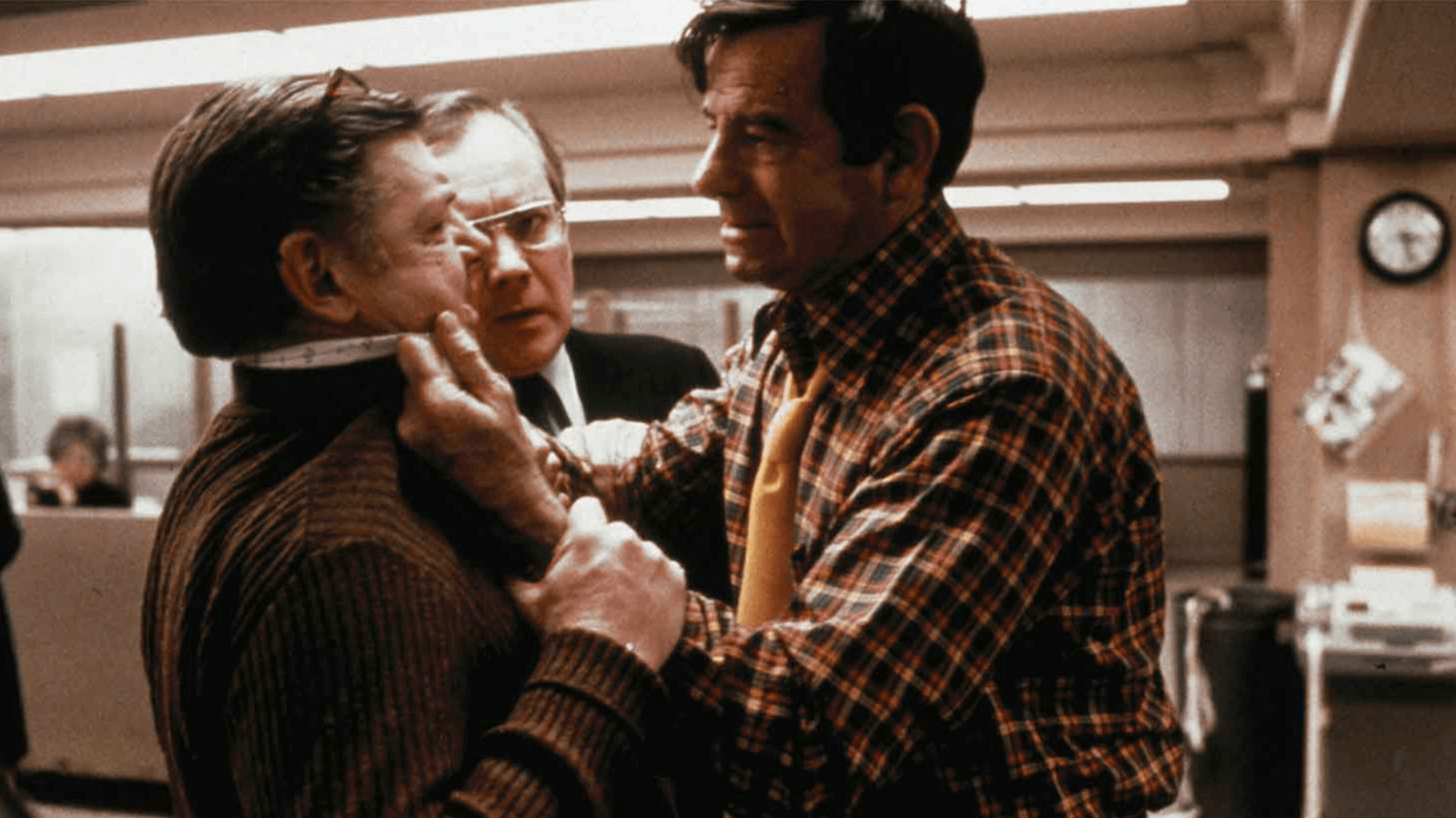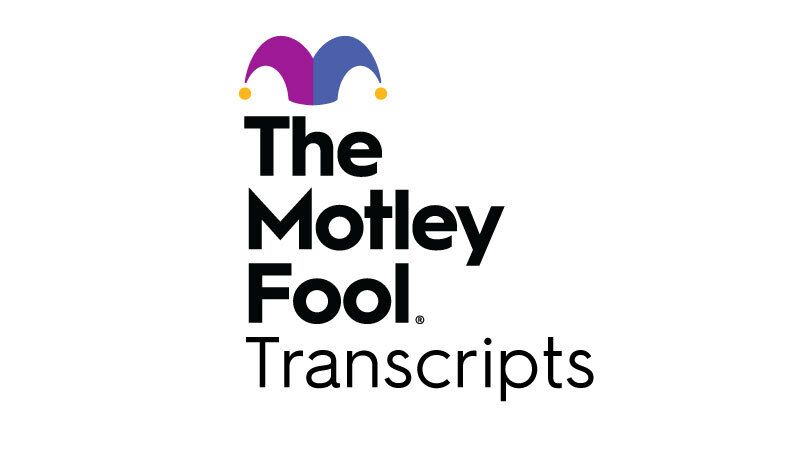Copyright /FILM

The New York City Subway was in a pretty bad place in the 1970s. Dirty, overcrowded, prone to delays and breakdowns, and festooned with graffiti, taking a ride on certain lines was also a perilous affair. By the end of the decade, around 250 felonies were reported each week, prompting a group of vigilant citizens to form the Guardian Angels. Yet while it might have been a hair-raising and frustrating way to travel, the underground network made for an atmospheric film location. During the '70s, the New York subway made many memorable cameos in movies such as "Death Wish," "Saturday Night Fever," and "The Warriors." The film that arguably made the most of this gritty subterranean backdrop was Joseph Sargent's "The Taking of Pelham One Two Three," one of the greatest heist movies ever made. It's an ordinary day on the subway when four heavily-armed men with color-coded nicknames board a train, hold the driver at gunpoint, and take the passengers hostage. The ringleader, Mr. Blue (Robert Shaw), calls in his demands: The city will pay $1 million within one hour, otherwise the hijackers will start executing the captives. On the other end is New York Transit Police lieutenant Zach Garber (Walter Matthau), who keeps Blue talking while the higher-ups scramble to gather the ransom in time. But the big question is: Even if the city pays up, how do the hijackers expect to make their getaway from a tunnel deep underground? "The Taking of Pelham One Two Three" was a modest critical and commercial success, but it perhaps suffered in proximity to two other classic New York crime movies: "The French Connection" and "Dog Day Afternoon." As a result, it's still a somewhat underrated treat that deserves a closer look. "The Taking of Pelham One Two Three" has a great balance of tension and humor, and much of that comes down to the superb cast. Walter Matthau was generally better known for comedy, but he was on a hot streak of hard-boiled dramatic roles in the early '70s ("Charlie Varrick," "The Laughing Policeman") and this was the best of the bunch. His slouching demeanor and sardonic wit makes a great fit for the wily Garber, who handles the escalating crisis with a world-weary shrug. He's the perfect foil for Robert Shaw's Mr. Blue, a hardened former military man who plans the hijacking with ruthless efficiency. Wedged between his more well-known roles in "The Sting" and "Jaws," it's another enjoyable study in steely-eyed menace from Shaw, and his rapport with Matthau is the highlight of the film despite the pair only sharing one scene together. The central duo are surrounded by an excellent cast. You've got the ever-reliable Martin Balsam as Mr. Green, a disgruntled former subway motorman who is key to the plan. Hector Elizondo is superbly loathsome as Mr. Grey, the crew's sleazy loose cannon. Then there's Jerry Stiller as Rico, Garber's laid-back right-hand-man; Lee Wallace as the snivelling mayor; and Tony Roberts, familiar from Woody Allen movies, as an unflappable political fixer. The colorful gallery of supporting players add many layers of extra flavor, dropping cynical asides and barking at each other as the wheels of negotiation grind into motion. Everyone from the embattled Mayor down to the undercover cop on the train are all doing their bit to avert the crisis. They may not want to deal with this crap and they might snarl and rant, but these tough New Yorkers manage to come together in a clinch. "The Taking of Pelham One Two Three" is a no-nonsense thriller that lets you know it means business from the opening notes of David Shire's propulsive jazz-infused score. The movie was based on John Godey's novel of the same name, which caused some problems for the filmmakers at first. Godey was a self-confessed subway aficionado and the New York City Transit Authority were concerned that the level of detail might inspire "kooks" to emulate the hijackers' scheme. Consequently, the producers needed to take out a $20 million insurance policy in case the movie adaptation provoked a real-life incident. This authenticity is another major selling point. The film was shot in real subway tunnels and an abandoned station, and the genuine locations combine with Peter Stone's detailed screenplay to deliver on of the best New York movies of the '70s. The only detail conspicuously lacking is graffiti on the subway cars, but all the rest reeks of authenticity – you can practically smell the nicotine and coffee breath in the cramped offices of the control center. Remarkably, the script manages to keep several plates spinning above and below ground without getting bogged down, and Joseph Sargent directs efficiently without feeling the urge to add any embellishments. He just keeps things moving at a lean pace while letting his cracking cast deliver the meaty drama. Finishing on a classic "gotcha!" moment, "The Taking of Pelham One Two Three" is about as satisfying as heist movies come. Ignore the disappointing remake starring Denzel Washington and John Travolta; the original is still the real deal over 50 years later.



